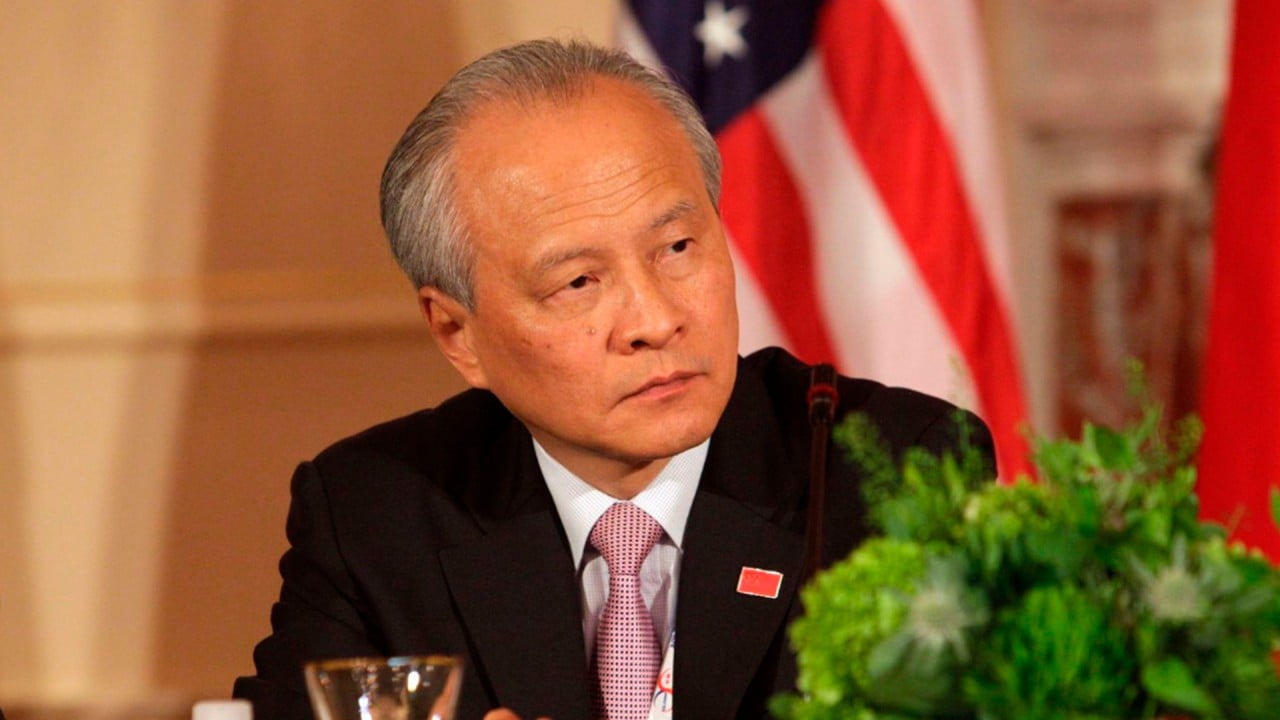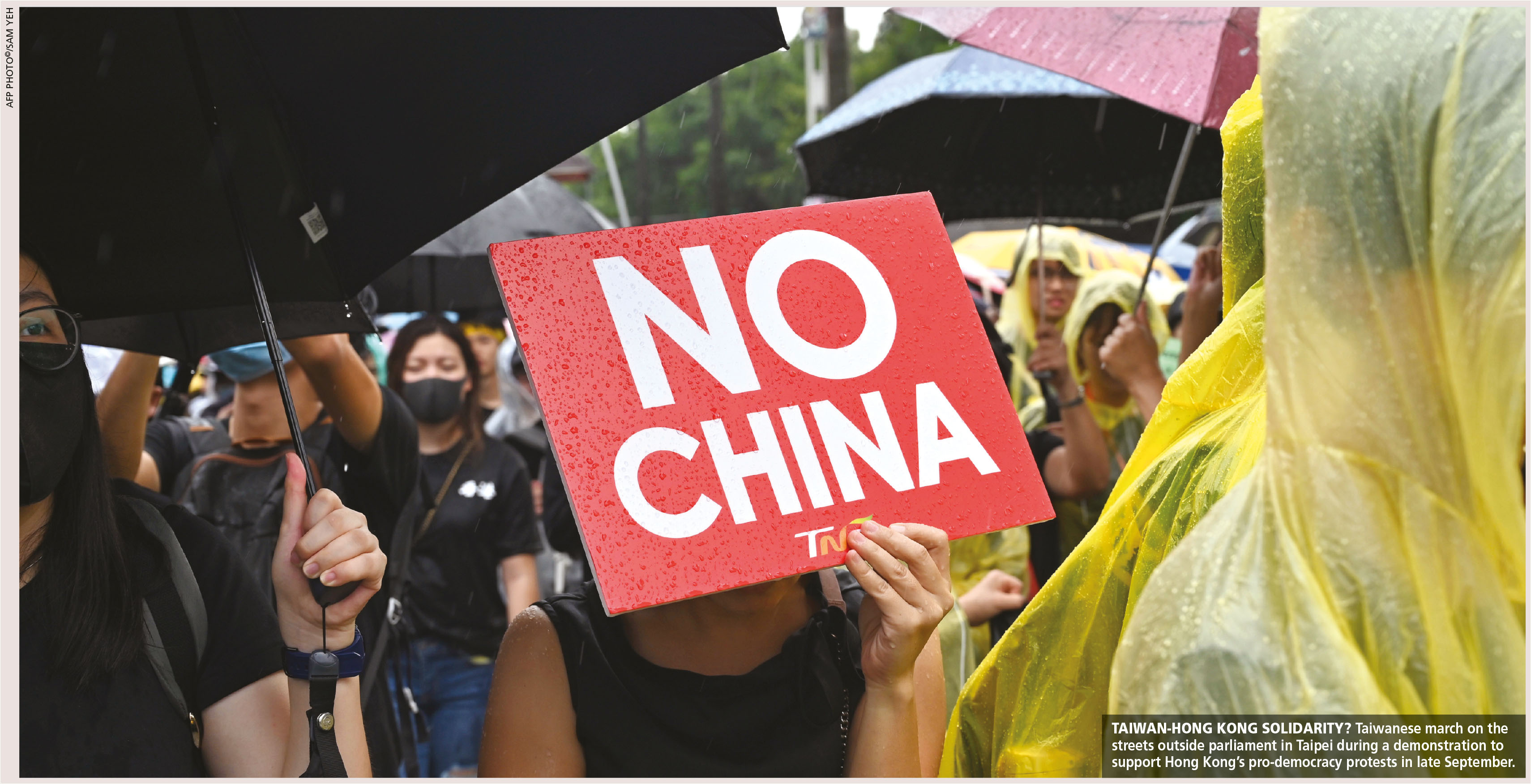When it comes to discussing state department taiwan independence, you’re stepping into one of the most intricate and sensitive topics in global politics. Imagine a chessboard where every move could spark a ripple effect across continents. It's not just about policies—it’s about history, economics, and human lives. So buckle up because we’re diving deep into this geopolitical hot potato, and trust me, it’s a ride worth taking.
Now, before we get too far ahead of ourselves, let’s set the stage. The relationship between the United States State Department and Taiwan is like a carefully choreographed dance. On one hand, there’s this unspoken agreement that Taiwan operates as its own entity. On the other, there’s the official stance that China has sovereignty over the island. It’s a balancing act that keeps diplomats on their toes and the world watching closely.
But why should you care? Well, if you’ve ever wondered how decisions made thousands of miles away can impact your daily life, this topic is a perfect example. From trade to technology, the dynamics surrounding Taiwan’s independence affect everything from the phone in your pocket to the food on your table. So, let’s break it down and make sense of it all.
Read also:Jennifer Lopez Shares Heartwarming Nickname For Her Daughter Emme
Understanding the Basics: What is State Department Taiwan Independence?
First things first, what exactly do we mean when we talk about state department taiwan independence? At its core, it’s the idea that Taiwan should be recognized as an independent nation, separate from China. Now, here’s where it gets tricky. The U.S. State Department doesn’t officially recognize Taiwan as a country, but it does maintain unofficial ties and provides significant support. It’s like saying, “We’re friends, but not in a committed relationship.”
Historical Context: How Did We Get Here?
To truly understand the current situation, you need to know the backstory. After World War II, Taiwan became a refuge for the Republic of China (ROC) government after losing the Chinese Civil War to the Communist Party. Since then, Taiwan has developed into a thriving democracy with its own government, military, and economy. But here’s the kicker—China still considers Taiwan part of its territory, and that’s where the tension comes from.
Why Does Taiwan’s Independence Matter?
Taiwan’s independence isn’t just a local issue; it’s a global one. The island is a crucial player in the tech industry, producing semiconductors that power everything from smartphones to cars. If something were to disrupt Taiwan’s operations, the ripple effects would be felt worldwide. Plus, the U.S. sees Taiwan as a strategic ally in countering China’s growing influence in the region. So, yeah, it’s kind of a big deal.
Economic Implications: The Tech Giant in the Room
Let’s talk numbers. Taiwan’s semiconductor industry accounts for a significant portion of the global market. Companies like TSMC are at the forefront of innovation, producing chips that are essential for modern technology. If Taiwan were to declare independence, it could lead to economic instability, affecting industries worldwide. And let’s not forget about trade routes—Taiwan sits right in the middle of some of the busiest shipping lanes in the world.
State Department’s Role: Walking the Tightrope
The U.S. State Department plays a delicate role in this whole situation. While it doesn’t officially recognize Taiwan as a country, it provides substantial support through arms sales, diplomatic engagements, and economic partnerships. It’s like saying, “We’re here for you, but don’t make any sudden moves.” This approach allows the U.S. to maintain a balance between supporting Taiwan and not provoking China too much.
Policy and Diplomacy: The State Department’s Strategy
So, how does the State Department navigate this complex landscape? Through a combination of public statements, behind-the-scenes negotiations, and strategic partnerships. For example, the U.S. has passed laws like the Taiwan Relations Act, which allows for unofficial ties and defense cooperation. It’s all about sending a message without crossing any red lines.
Read also:Eva Longoria Shows Off Her Intense Fitness Journey In Style
China’s Perspective: The Dragon’s Roar
Of course, we can’t talk about state department taiwan independence without addressing China’s stance. For Beijing, Taiwan is a core part of its territory, and any move towards independence is seen as a direct threat. This perspective is rooted in history, national pride, and strategic interests. China has repeatedly warned against any actions that could lead to Taiwan’s separation, and it’s not afraid to flex its muscles to make its point.
Military and Economic Leverage: China’s Arsenal
China’s military buildup in recent years has been nothing short of impressive. With its growing navy and advanced weaponry, it’s clear that Beijing is prepared to defend its claims. Economically, China is a powerhouse, and it uses its influence to pressure other countries from recognizing Taiwan. It’s a game of power, and China is playing to win.
Global Reactions: How the World Views Taiwan’s Independence
So, what do other countries think about all this? Well, it depends. Some nations, like Japan and Australia, have expressed support for Taiwan’s self-defense capabilities while stopping short of full recognition. Others, like European countries, prefer to maintain a neutral stance, not wanting to upset their relationships with China. It’s like a global game of poker, where everyone’s holding their cards close to their chest.
International Organizations: The Silent Players
International organizations like the United Nations have their own set of challenges when it comes to Taiwan. Since Taiwan isn’t officially recognized as a country, it can’t participate in many global forums. However, there’s been growing support for Taiwan’s inclusion in organizations like the World Health Organization, especially during the pandemic. It’s a sign that the world is starting to recognize Taiwan’s contributions, even if it doesn’t fully acknowledge its independence.
Public Opinion: What Do People Think?
Public opinion plays a significant role in shaping policies, and the issue of state department taiwan independence is no exception. Within Taiwan, there’s a growing movement towards independence, driven by younger generations who see themselves as Taiwanese rather than Chinese. Meanwhile, in the U.S., public support for Taiwan has been on the rise, fueled by concerns about China’s increasing assertiveness. It’s a reflection of how global events can shape local perspectives.
Youth and Activism: The Next Generation’s Voice
Young people in Taiwan are at the forefront of the independence movement, using social media and grassroots efforts to raise awareness. They’re not afraid to speak their minds and challenge the status quo. In the U.S., students and activists are also pushing for stronger support for Taiwan, organizing events and campaigns to highlight the issue. It’s a testament to the power of youth and their ability to drive change.
Future Scenarios: What Could Happen Next?
So, what’s on the horizon for state department taiwan independence? There are a few possible scenarios. One is that Taiwan could declare independence, leading to potential conflict with China. Another is that the status quo continues, with Taiwan maintaining its de facto independence without formal recognition. And then there’s the possibility of a peaceful resolution through dialogue and negotiation. It’s anyone’s guess what the future holds, but one thing’s for sure—it’s going to be interesting.
Conflict vs. Cooperation: The Path Forward
When it comes to state department taiwan independence, the choices are clear—conflict or cooperation. The path forward will depend on the actions of all parties involved. Will China continue to escalate tensions, or will it choose diplomacy? Will the U.S. ramp up its support for Taiwan, or will it seek a more balanced approach? And most importantly, will Taiwan find a way to assert its identity without sparking a wider conflict?
Conclusion: Where Do We Go From Here?
In conclusion, the issue of state department taiwan independence is a complex and evolving one. It involves history, economics, and human lives, making it one of the most significant geopolitical challenges of our time. As we’ve explored, the U.S. State Department plays a crucial role in navigating this landscape, balancing support for Taiwan with the need to maintain stability in the region. But the future is uncertain, and it’s up to all parties involved to determine the path forward.
So, what can you do? Start by staying informed. Follow developments in the news, engage in discussions, and consider how this issue impacts your life. And if you found this article helpful, don’t forget to share it with others. Together, we can foster a better understanding of the world around us.
Table of Contents
- Understanding the Basics: What is State Department Taiwan Independence?
- Historical Context: How Did We Get Here?
- Why Does Taiwan’s Independence Matter?
- Economic Implications: The Tech Giant in the Room
- State Department’s Role: Walking the Tightrope
- Policy and Diplomacy: The State Department’s Strategy
- China’s Perspective: The Dragon’s Roar
- Military and Economic Leverage: China’s Arsenal
- Global Reactions: How the World Views Taiwan’s Independence
- International Organizations: The Silent Players
- Public Opinion: What Do People Think?
- Youth and Activism: The Next Generation’s Voice
- Future Scenarios: What Could Happen Next?
- Conflict vs. Cooperation: The Path Forward
- Conclusion: Where Do We Go From Here?


